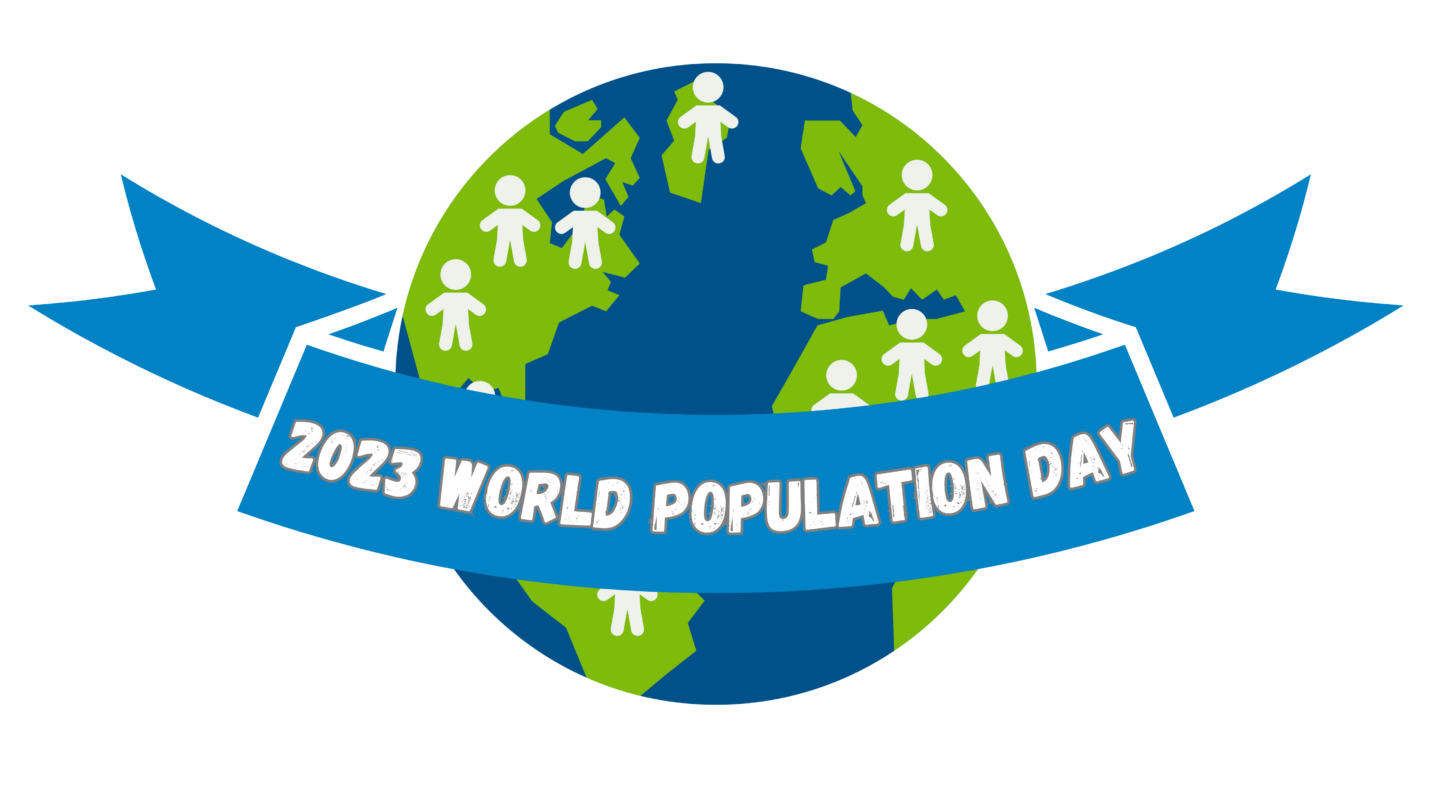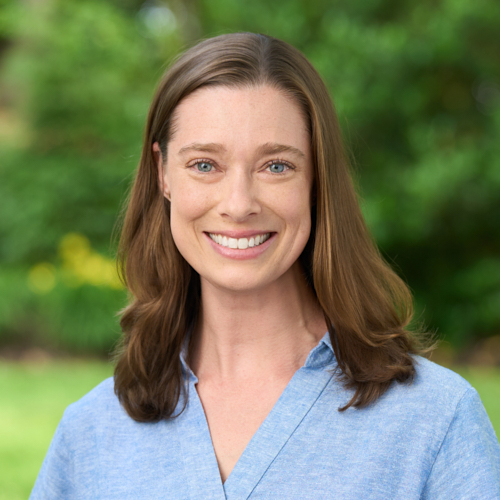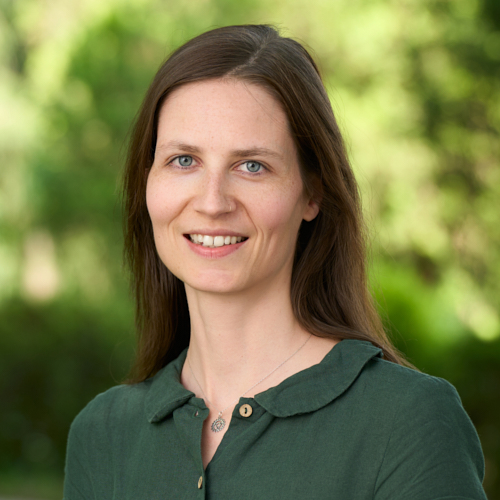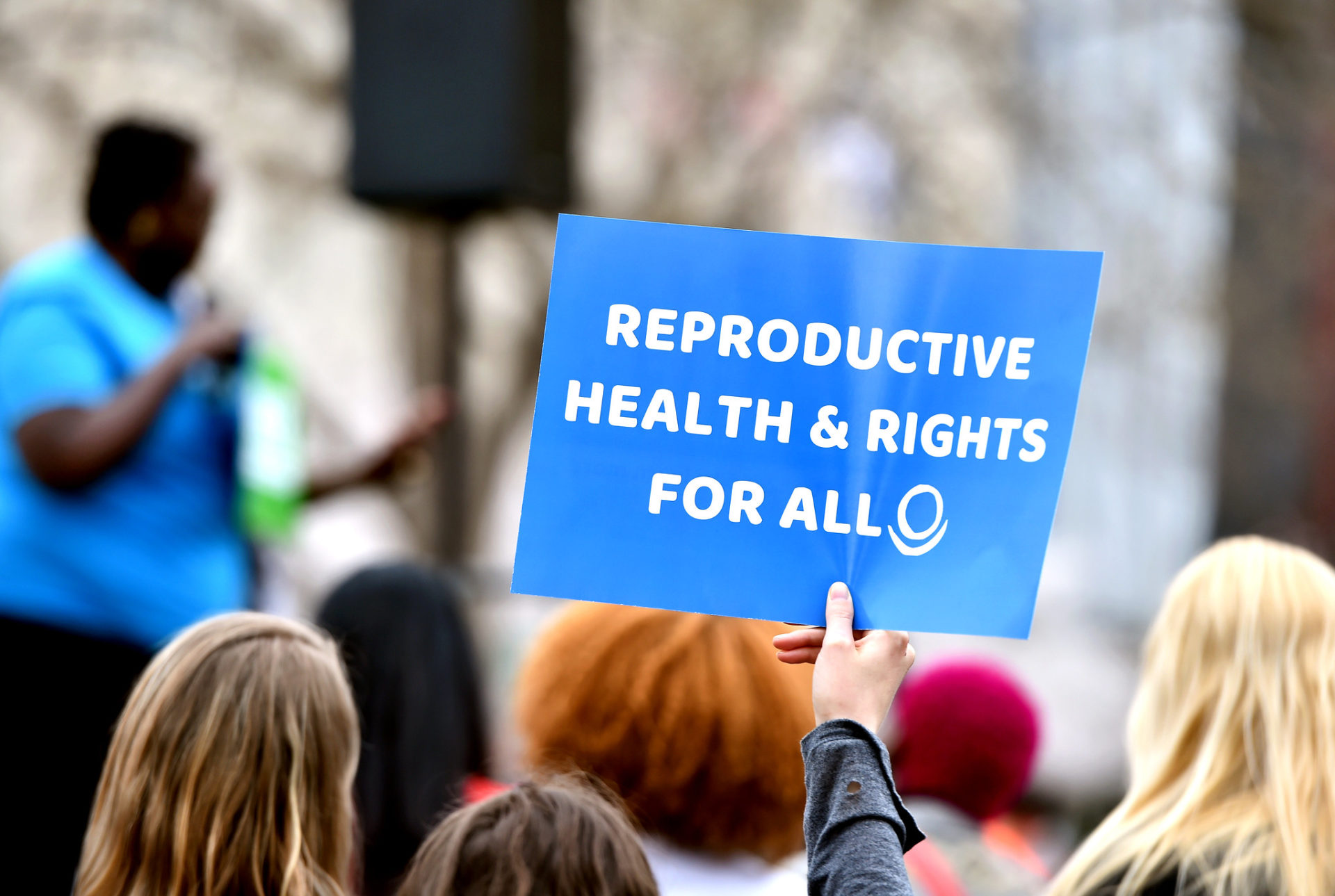Marian joined Population Connection as a Field Fellow in 2007. She has an MSc in Population and Development from the London School of Economics and Political Science and a BA in Psychology (with a minor in Child Development and Family Relations) from the University of Maine.
She is originally from Maine, where she currently lives with her husband and their dog, Penny, a feisty little chihuahua-Yorkie mix. Her two late beagles are never far from her thoughts—they were terribly behaved, but she misses them dearly!
Marian has been a clinic escort since 2007, first at an independent clinic in Falls Church, Virginia, and, since 2012, at Planned Parenthood in Portland, Maine. She also served on the Board of Directors of SAFE, Maine’s abortion fund, for five years, most of that time in executive roles.
Marian’s hobbies include attending concerts and music festivals, hiking with her dog, reading fiction, and volunteering for her local wildlife rehab.

 World Population Day 2023
World Population Day 2023







 Empowering women and girls is one of the most effective sustainable development levers, yet women’s rights sadly remain severely underfunded. When people, in particular women and girls, gain access to health care and education, they also gain political, economic, and social power. This facilitates economic growth, improves health and livelihoods, and delivers higher levels of bodily autonomy.
Empowering women and girls is one of the most effective sustainable development levers, yet women’s rights sadly remain severely underfunded. When people, in particular women and girls, gain access to health care and education, they also gain political, economic, and social power. This facilitates economic growth, improves health and livelihoods, and delivers higher levels of bodily autonomy. Having the opportunity to receive an education improves young girls’ economic prospects and reduces their risk of child marriage and early pregnancy. When combined with safe, comprehensive sexual and reproductive health services, educational opportunities can significantly reduce maternal and child mortality, unintended pregnancies, and unsafe abortions.
Having the opportunity to receive an education improves young girls’ economic prospects and reduces their risk of child marriage and early pregnancy. When combined with safe, comprehensive sexual and reproductive health services, educational opportunities can significantly reduce maternal and child mortality, unintended pregnancies, and unsafe abortions. Access to comprehensive reproductive health care is recognized internationally as a human right and plays an essential component of sustainable development initiatives worldwide. Expanding access to family planning services yields myriad social, economic, and environmental benefits and is vital for achieving the UN Sustainable Development Goals for 2030, including for climate action.
Access to comprehensive reproductive health care is recognized internationally as a human right and plays an essential component of sustainable development initiatives worldwide. Expanding access to family planning services yields myriad social, economic, and environmental benefits and is vital for achieving the UN Sustainable Development Goals for 2030, including for climate action.